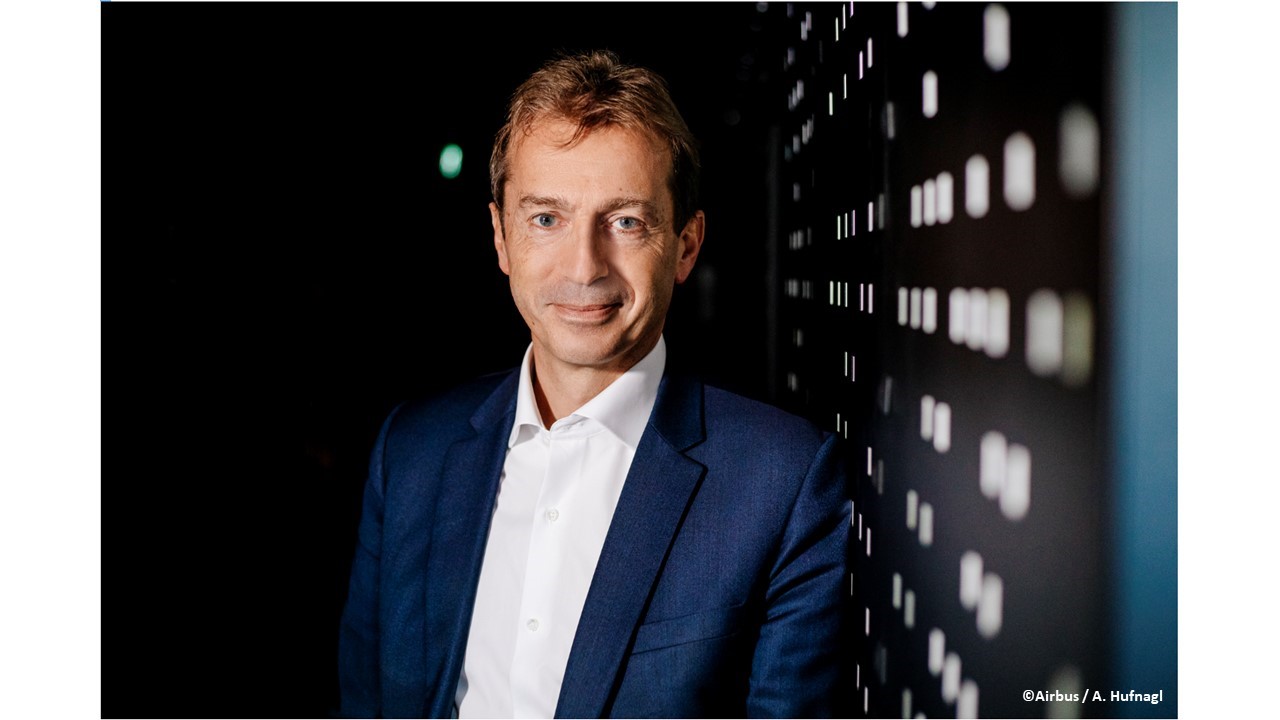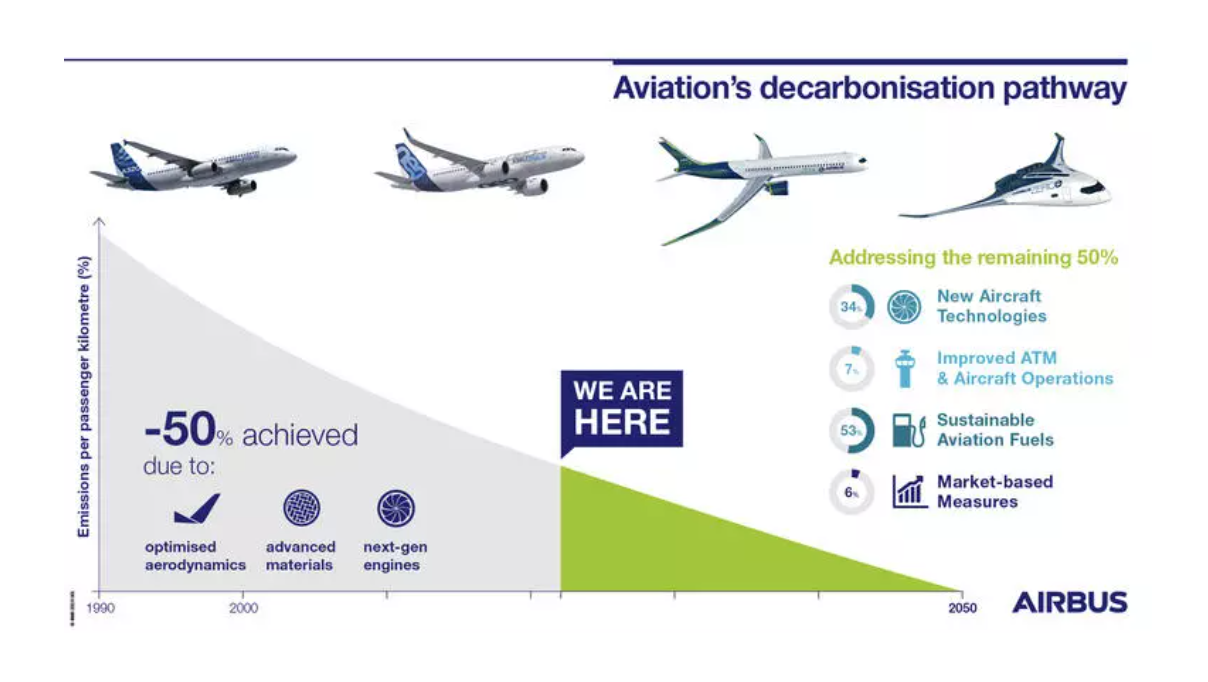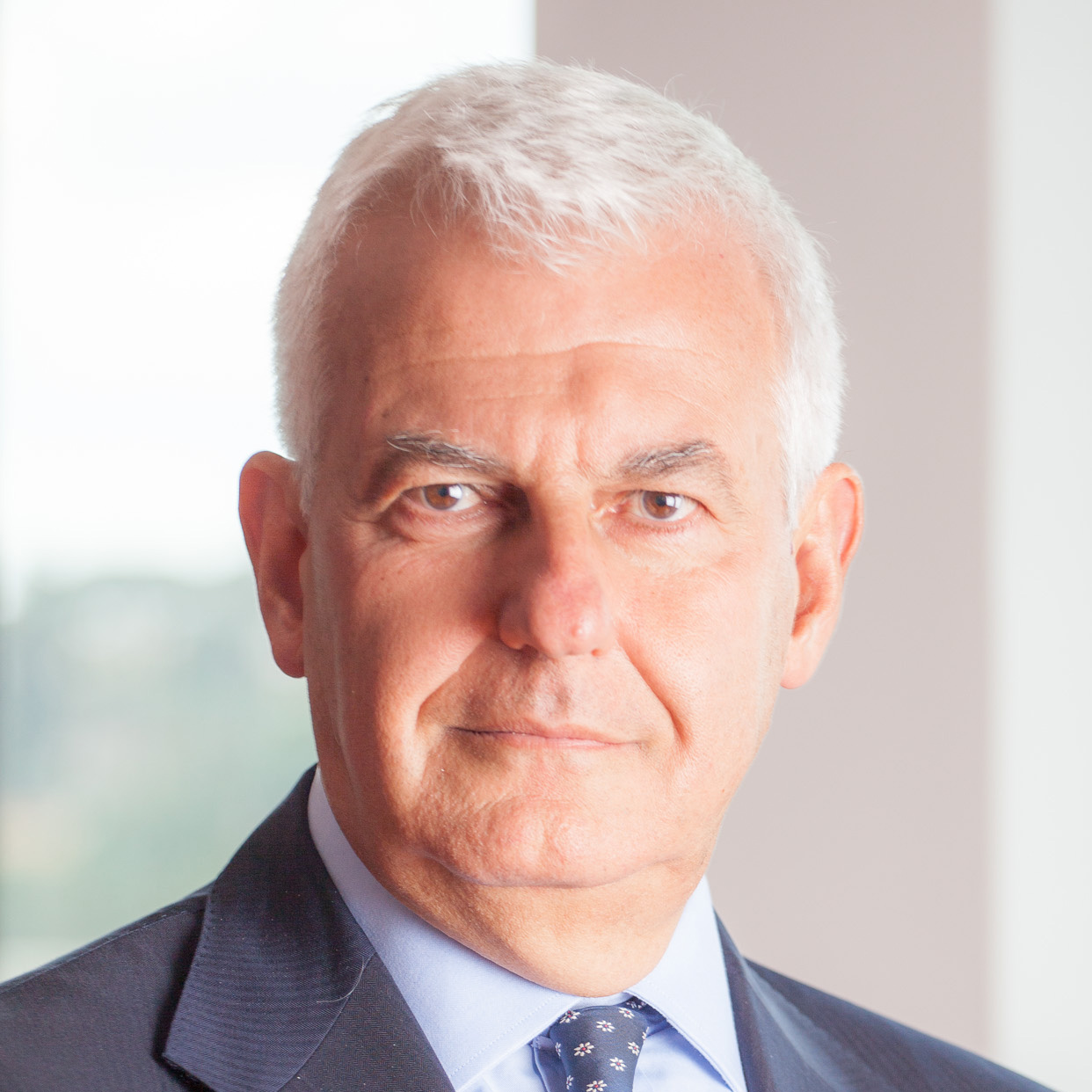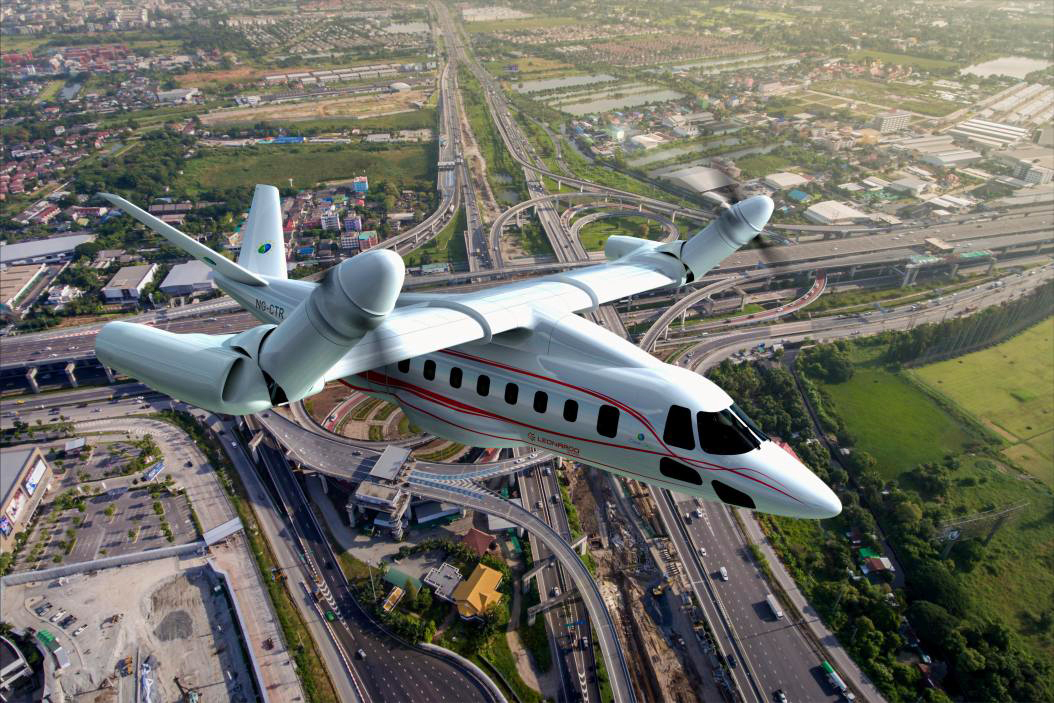Guillaume Faury
Airbus

Airbus
Europe is facing the twin challenges of decarbonisation and digital transition while at the same time navigating a dramatically changed security landscape. Europe’s response to these challenges has the potential to shape our industry for decades to come.
Our approach to sustainability is centred around respecting the planet, valuing people, and enabling prosperity.
Today, we know our love of air travel also comes at a cost: the aviation industry represents over 2% of global man-made CO2 emissions.
At Airbus, we are committed to leading the decarbonisation of the aerospace sector. This includes reducing the CO2 emissions of our aircraft, helicopters, satellites and launch vehicles, as well as our industrial environmental footprint at sites worldwide and throughout our supply chain. To this end, we are contributing to meet key industry-wide environmental performance targets. We are working to deliver on our ambition to bring the first hydrogen-powered commercial aircraft to market by 2035.
To achieve our ambition, we are continuously enhancing our company-wide product and services portfolio to contribute to climate change mitigation and adaptation.
At Airbus, our ambition is to develop the world’s first hydrogen-powered commercial aircraft by 2035. Our ZEROe research and development project enables us to explore a variety of configurations and technologies, as well as preparing the ecosystem that will produce and supply the hydrogen.
Forging ahead with its decarbonisation ambition, Airbus is maturing two hydrogen-based propulsion technologies in parallel. Hydrogen combustion and hydrogen fuel cells are at the heart of ZEROe, our low-carbon emission aircraft concept. H2 fuel cells are also being studied as a source of non-propulsive energy.
Airbus’ aim of getting hydrogen-powered flight off the ground gets closer by the day thanks to exciting progress in the technology building blocks behind ZEROe.


Leonardo
Sustainability is a core driver of Leonardo’s strategy, governance and 2030 vision, we are committed to the United Nations’ Sustainable Development Goals and rank first in our industry in the Dow Jones Sustainability Indices (DJSI). Part of our drive towards a more sustainable future will see Leonardo bring our innovation to bear in support of a Europe-wide commitment to net zero carbon and circular economy, a transition which will require strong collaboration between public and private sector entities and substantial investment. Here, the support of European institutions will be invaluable in accelerating research into innovative technologies and driving investment.”
Leonardo actively engages with European political and industrial actors, contributing to the implementation of a strategy to support sustainable growth and to lower climate impacts through scientific excellence and leading-edge technologies.
On climate action, the aviation sector being among the industrial activities functional to achieve climate neutrality, it is widely recognised that this transition requires public and private commitments and dedicated investments. In this view Leonardo substantiates its commitment through several innovation initiatives, which entail the development of solutions for a solid decarbonisation within the fields where it operates, as in aviation.
Indeed, Leonardo is committed to the targets embedded in the ambitious Clean Sky initiatives and to the definition of the Clean Aviation partnership program, which targets an impactful climate action by a systemic R&D and investment effort for the development of competitive low carbon technologies.
As regards climate action, Leonardo plays a leading role in various dedicated initiatives within the EU Framework Programme Horizon 2020; particularly, it is committed to the ambitious Clean Sky programme (2008-2024), involving a plurality of industrial, SMEs and institutional actors from 27 countries, for a total investment of €4 billion.
Leading the Green Regional Aircraft and the Next Generation Civil Tiltrotor platforms, Leonardo has been engaged in climate action by steering the development of a new generation of more efficient and environmentally-friendly regional aircraft and tiltrotors – aircraft that take off like helicopters – with innovative, cutting-edge technology aimed at reducing CO2 and NOx emissions by more than 50% compared to the solutions currently on the market.
